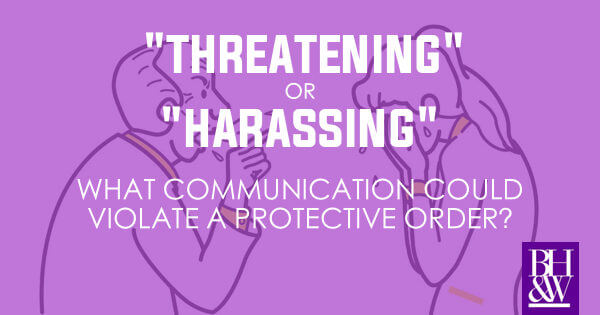Domestic Violence Case Law Update. Continuous Family Violence.
 Except for the military context, you’ve always heard that a jury verdict must be unanimous, right? Well, not exactly.
Except for the military context, you’ve always heard that a jury verdict must be unanimous, right? Well, not exactly.
Recently, the Sixth Court of Appeals (Texarkana) held that a jury does not have to unanimously agree upon which assaults occurred in order to convict a defendant for Continuous Family Violence, as long as the jury agrees that the defendant committed at least two assaults within the time allotted by statute. Under section 25.11 of the Texas Penal Code, a person who assaults a family member two or more times within twelve months commits Continuous Family Violence. The relevant statutes provides:
(a) A person commits an offense if, during a period that is 12 months or less in duration, the person two or more times engages in conduct that constitutes an offense under Section 22.01(a)(1) against another person or persons whose relationship to or association with the defendant is described by Section 71. 0021(b), 71.003, or 71.005, Family Code.
(b) If the jury is the trier of fact, members of the jury are not required to agree unanimously on the specific conduct in which the defendant engaged that constituted an offense under Section 22.01(a)(1) against the person or persons described by Subsection (a) or the exact date when that conduct occurred. The jury must agree unanimously that the defendant, during a period that is 12 months or less in duration, two or more times engaged in conduct that constituted an offense under Section 22.01(a)(1) against the person or persons described by Subsection (a).
In Hill v. State, the appellant was charged with Continuous Family Violence after the State alleged that the appellant assaulted his girlfriend three times on two different dates within a twelve-month period. The jury returned a guilty verdict, and on appeal, the appellant contended that the trial court erred when it did not instruct the jury that in order to convict, the jury must unanimously agree upon which assaults transpired. Thus, of the possible assaults that may have happened, the appellant argued that some of the jurors cannot find sufficient evidence for one assault and the other jurors find sufficient evidence for another because “it is axiomatic that Texas law requires a unanimous verdict in a felony case.”
Nevertheless, the Court rejected this reasoning. The State advocated following the way of the Continuous Sexual Abuse statute and allow jurors to not unanimously agree on which assaults occurred, so long as the jury agrees beyond a reasonable doubt that at least two assaults did occur within twelve months of each other. Adopting this rationale, the Court ultimately held, “In the circumstances of construing the statute under examination here, it is sufficient to allow a jury to select from a menu of possible bad acts and agree that a defendant committed two of them without the concomitant requirement that the jurors be shown to all concur as to which of the acts did occur.”
As such, as long as a jury unanimously agrees that a defendant assaulted a family member at least twice within twelve months, it does not need to agree upon which assaults actually occurred. (Note: this same logic applies to continuous sexual abuse cases as well.)










